COVID-19 in Washington State
How Washington has Been Affected by the Novel Coronavirus
The U.S. surgeon general asked citizens to stop buying face masks unless absolutely necessary. He tweeted on Feb. 29, “They are NOT effective in preventing general public from catching #Coronavirus, but if healthcare providers can’t get them to care for sick patients, it puts them and our communities at risk!”
On Jan. 21, the United States confirmed the first case of COVID-19 (novel-coronavirus) in the country. This first confirmed case was of a patient in Providence Regional Medical Center in Everett Washington, only a short walking distance from EvCC. Since January, the number of confirmed cases in Washington has skyrocketed – along with additional cases in every other state in America.
According to the Washington State Department of Health website, as of March 16 there are over 900 cases of COVID-19 and 48 deaths in Washington alone. The hotspot for these confirmed cases is currently King County. Washington State is certainly an epicenter of this virus compared to other states. According to the New York Times, Washington State and California combined now account for about one-third of the country’s infected population.
The rate of confirmed cases has been building rapidly in Washington, especially now that testing is becoming more readily available. But with the numbers of cases changing so quickly, this is an extreme cause for concern for residents of Washington state. The effects of this are becoming increasingly evident with every passing day.
As the outbreak progressed in the beginning, schools began to shut their doors, followed by entire school districts. EvCC closed abruptly on March 5 for deep cleaning and President Daria Willis sent out a notice within 24 hours that a student had received confirmation of a case of COVID-19. She has since declared that Winter Quarter courses will finish their duration mostly online and that Spring Quarter will be starting late. On March 16, Willis announced that the college plans to “reopen for in-person services on Monday, April 6, pending further notice.”
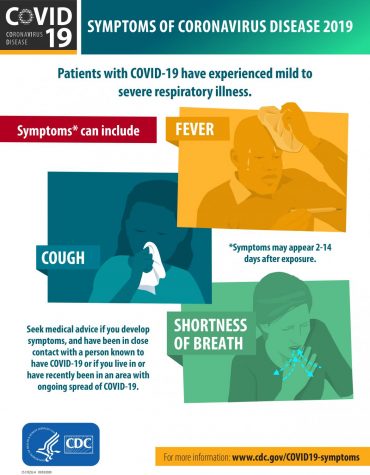
Graphic explaining common symptoms of COVID-19.
The measures that schools and businesses have taken to momentarily close their doors and promote social distancing were mostly voluntary precautionary measures, until March 15. Washington State Governor, Jay Inslee, announced via his official website and twitter page that he would be signing “a statewide emergency proclamation tomorrow to temporarily shut down restaurants, bars and entertainment and recreational facilities.” Facilities that will remain open to the public are grocery stores and pharmacies, and few retail outlets will be made to enforce reduced occupancy. President Trump announced on March 16 that social gatherings across the country should be limited to 10 people until further notice.
This decision to essentially halt public life in Washington for the time being, though necessary to slow the spread of this virus, is one that will come with many repercussions. Students are having to adjust to continue pursuing their education during this time, with high school and college students switching to classes online. Plans previously made to travel or have large gatherings are being forced to reschedule. People who work with the public are being forced to stay home and lose precious hours of pay. The list goes on of affects this state of emergency has and will continue to take on public life. At this point because of how rapidly the virus has been spreading, there is no end in sight.
Washington residents now need to worry about where they will get money for rent, food, bills, etc. Inslee did touch on the subject of the negative impact that this will have on our economy, saying “these are very difficult decisions, but hours count here and very strong measures are necessary to slow the spread of the disease. I know there will be significant economic impacts to all our communities and we are looking at steps to help address those challenges.”
As the number of cases continues to climb in America, it is inevitable that more measures will be put in place to restrict socializing to try to prevent it spreading further. It is unclear what the government will do to try and help its citizens monetarily during this health crisis, but this is a main concern for those being forced out of work.
There is still little known about the virus itself and how to prevent or cure it, so as the situation is evolving there will be more information available about how it will continue to affect our everyday lives.
For more information on COVID-19, visit https://www.who.int/health-topics/coronavirus.
For constant updates on Washington’s rate of infection, visit https://www.doh.wa.gov/Emergencies/Coronavirus.

What interests you about journalism?
Journalists write and prepare the news that the world hears/reads and talk about day to day. Regardless of...

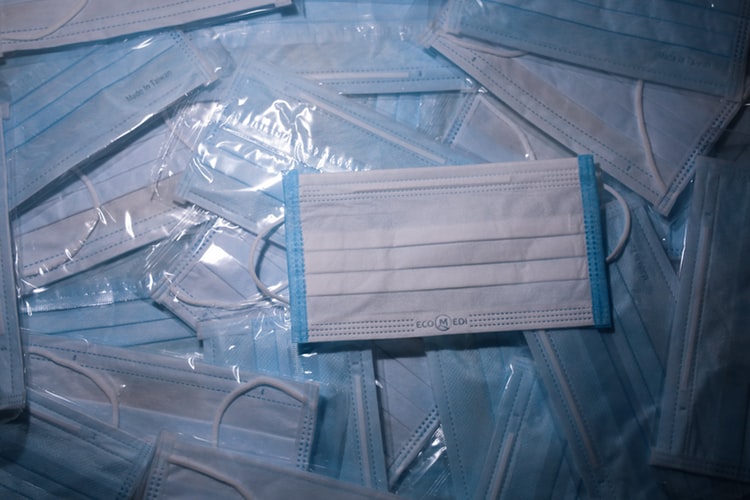



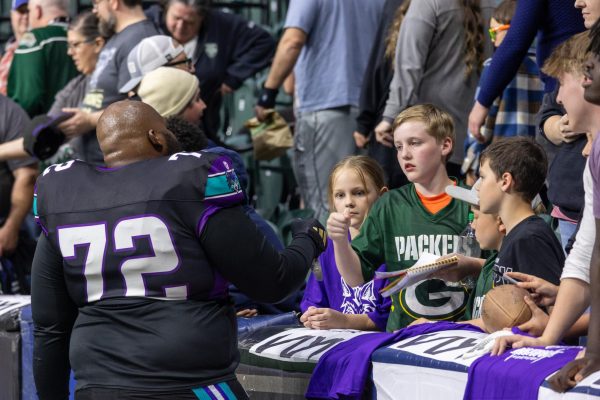
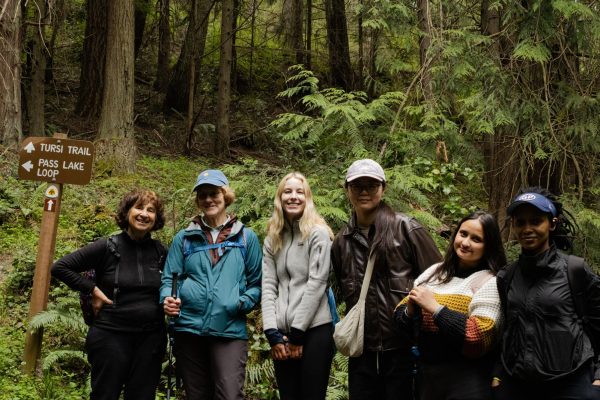
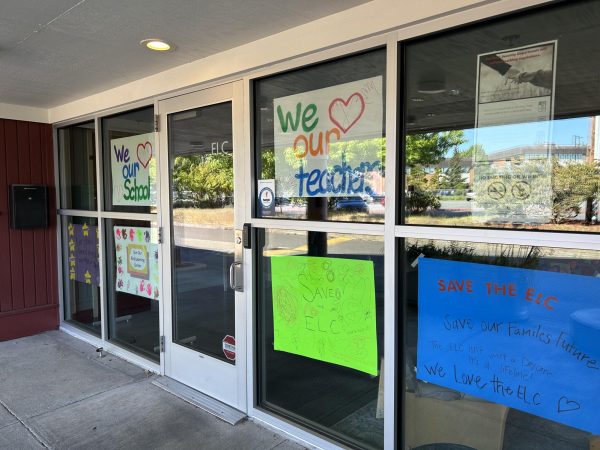

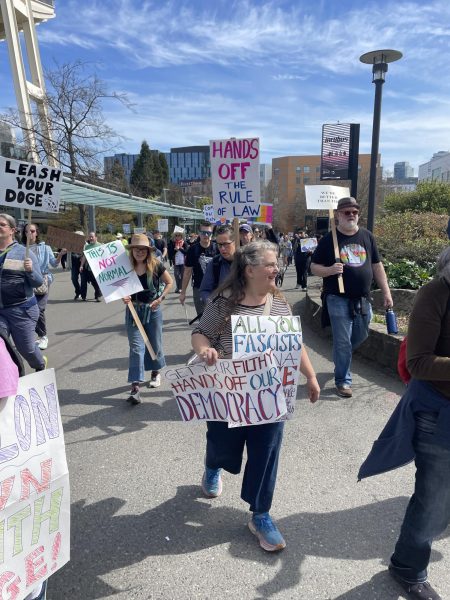
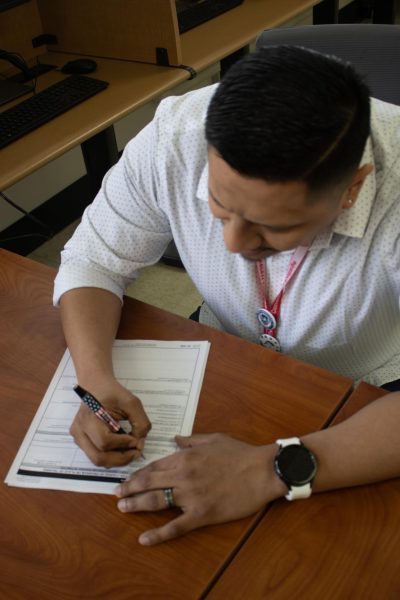
Viola Walker • Mar 17, 2020 at 3:38 pm
This is a great article!
Todd Gentry • Mar 16, 2020 at 8:43 pm
Keep up the great work!!!!!?